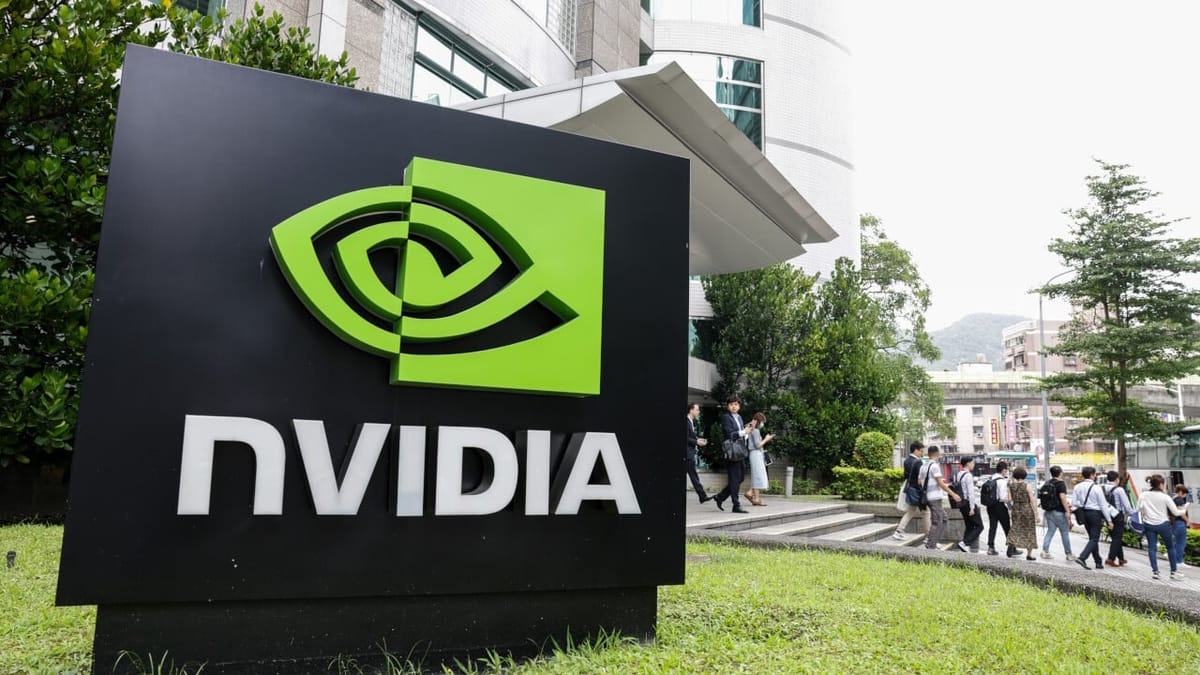Featured Posts

Let’s talk markets. Specifically, let’s talk about what just went down (literally) in the Nasdaq this week. If you’ve been paying attention—or maybe even if you haven’t—it’s gotten pretty ugly pretty fast. I even tweeted something about it: Markets take the stairs up

The drop happened fast! If you blinked sometime in February, you might’ve missed that we were at new all-time highs. Now? We're in full correction territory. Just yesterday, the S&P 500 fell more 2%, and now close to 10% in less than a month. Not

Did you know that 56% of Wisconsin’s agricultural exports could be impacted by tariffs from Canada, Mexico, and China? Wisconsin now represents the 11th largest exporter of agricultural products in the U.S., up from 13th in 2023 (WI DATCP). In 2024, Wisconsin’s agricultural exports reached $3.97

So, here’s something no one seems to be making a big deal about: tariffs are rising fast, and they’re dragging the US economy down. You won’t hear much about it in the headlines, but the effects could start to pile up. Higher prices, weaker growth, and more

Artificial Intelligence is the shiny new toy every nation wants in its sandbox, but what's all the fuss about? Let's break it down.
What is Sovereign AI?
Imagine you invented a revolutionary product that could make you millions. You'd face a choice: share your blueprint with everyone or develop it in your private lab to keep control. Sovereign AI is like choosing that private lab. It's about countries developing AI in their own borders, using local data, infrastructure, and talent to ensure the it aligns with national interests and stays secure. In today's world, having homegrown AI is key to staying ahead.
Countries are not just dipping their toes; they're diving headfirst into sovereign AI. According to Deloitte, global corporate investment in AI hit a whopping $68 billion in 2022. Major players like the EU, China, US, and UK are pouring huge cash reserves into AI to build robust local capabilities.
India, for instance, has announced a $1.2 billion funding package for a sovereign AI supercomputer, aiming to boost its domestic AI prowess (TechPowerUp). It's not just about economic benefits; it's about being a top dog in the AI arena.

A New Cold War Era: US vs. China
Remember the Cold War? Now, it's less about nuclear missiles and more about AI supremacy. The US and China are the main contenders, investing heavily in AI to secure economic and national security advantages.
China, with its tech giant Huawei, is going to be a major operator of data centers. These data centers are not only spreading across China but are also being built in African countries and Egypt.
Also interesting, the US, with it's control in exports, will stop sending chips to countries that use Huawei data centers. That would prevent China's influence and ensure US technology doesn't benefit Chinese-infrastructures.
Nvidia is cashing in big time on this trend. Their revenue from sovereign AI skyrocketed from zero to over $10 billion in just one year. Talk about striking gold in the AI rush!

Applications of Sovereign AI
So, what are countries doing with all this sovereign AI goodness? Here are examples I've found:
- National Security: Improving cybersecurity, protecting infrastructure, and supporting military operations.
- Language Preservation: France is building AI models in French, while Microsoft is training models that speak Swahili.
Rising Tensions in Technology
Think of this global competition as a "sovereign AI arms race," with companies like Nvidia being the arms dealer. As nations continue to invest billions, the tech and security landscape will be incredibly different.

In summary, sovereign AI is not just about keeping up with the Joneses; it's a an array of national interests and global competition.


